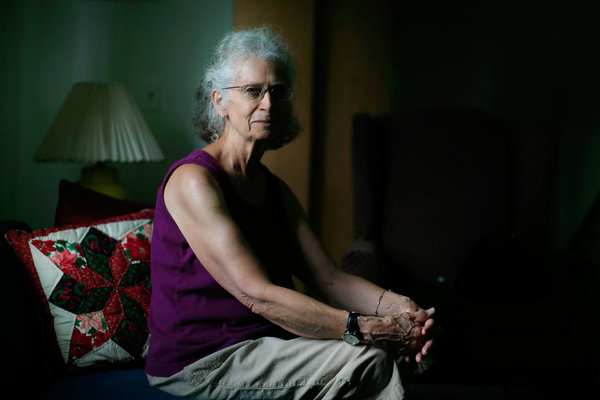Supreme Court Allows Prayers at Town Meetings
< < Go Back
The Supreme Court on Monday ruled that a town in upstate New York did not violate the Constitution by starting its public meetings with a prayer from a “chaplain of the month” who was almost always Christian.
Justice Anthony M. Kennedy, writing for the majority in a 5-to-4 decision that divided the court’s more conservative members from its liberal ones, said the prayers were merely ceremonial. They were neither unduly sectarian nor likely to make members of other faiths feel unwelcome.
“Ceremonial prayer,” he wrote, “is but a recognition that, since this nation was founded and until the present day, many Americans deem that their own existence must be understood by precepts far beyond that authority of government to alter or define.”
In dissent, Justice Elena Kagan said the town’s practices could not be reconciled “with the First Amendment’s promise that every citizen, irrespective of her religion, owns an equal share of her government.”
Town officials in Greece, N.Y., near Rochester, said that members of all faiths, and atheists, were welcome to give the opening prayer. In practice, however, almost all of the chaplains were Christian. Some of their prayers were explicitly sectarian, with references, for instance, to “the saving sacrifice of Jesus Christ on the cross.”
Two town residents sued, saying the prayers ran afoul of the First Amendment’s prohibition of government establishment of religion. They said the prayers offended them and, in Justice Kennedy’s words, “made them feel excluded and disrespected.”
But Justice Kennedy said the relevant constitutional question was not whether they were offended. “Adults often encounter speech they find disagreeable,” he wrote.
Justice Kennedy said traditions starting with the first Congress supported the constitutionality of ceremonial prayers at the start of legislative sessions. He added that it would be perilous for courts to decide when those prayers crossed a constitutional line and became impermissibly sectarian.
“To hold that invocations must be nonsectarian,” he wrote, “would force the legislatures that sponsor prayers and the courts that are asked to decide these cases to act as supervisors and censors of religious speech, a rule that would involve government in religious matters to a far greater degree than is the case under the town’s current practice of neither editing or approving prayers in advance nor criticizing their content after the fact.”
Justice Kennedy did suggest that some prayers may be unacceptable if offered consistently over time, including ones that “denigrate nonbelievers or religious minorities, threaten damnation or preach conversion.”
Town officials had tried, he said, to recruit members of various faiths to offer prayers.
In dissent, Justice Kagan said they had not tried hard enough. “So month in and month out for over a decade,” she wrote, “prayers steeped in only one faith, addressed toward members of the public, commenced meetings to discuss local affairs and distribute government benefits.”
Justice Kagan, joined by Justices Ruth Bader Ginsburg, Stephen G. Breyer and Sonia Sotomayor, said the case from Greece was different. The prayers at the town board meetings were often explicitly sectarian, they said, and residents were forced to listen to them in order to participate in local government.
“No one can fairly read the prayers from Greece’s town meetings as anything other than explicitly Christian – constantly and exclusively so,” she wrote in her dissent in the case, Town of Greece v. Galloway, No. 12-696.
Moreover, she said, the clergy “put some residents to the unenviable choice of either pretending to pray like the majority or declining to join its communal activity, at the very moment of petitioning their elected leaders.”
More From The New York Times:




